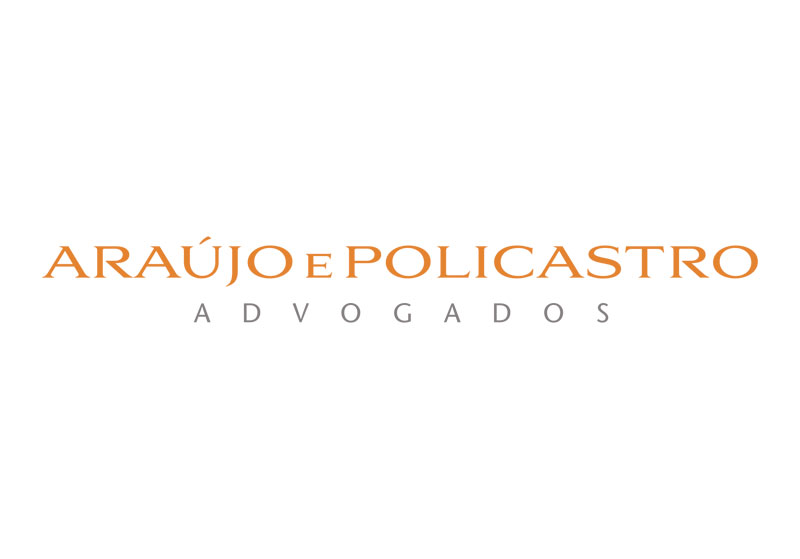São Paulo City Hall publishes Decree with ruling flexibility to some economic activities
Last Friday (May, 29), the City of São Paulo published Decree No. 59,473/2020, establishing rules for the operation of commercial and services establishments, providing for conditions and guidelines for the gradual resumption of activities, in addition to the “São Paulo Plan”, released by the State Government before.
Article 1 of the Decree establishes the quarantine extension up to June, 15, with the suspension of activities, except for those considered essential services. In other words, until June, 15, no establishment will be able to resume activities.
Subsequently, Article 2 establishes that in-person attendance of certain non-essential activities may be authorized, based on the classification created by the “São Paulo Plan” (orange, yellow, green and blue).
The city of São Paulo was classified in the orange category (“Phase 2”), in which the in-person activities of the sectors of (i) shopping centers, galleries and similar establishments, (ii) commerce and (iii) services can be resumed.
In order for the resumption to be possible, article 3 of the Decree establishes that representative entities of the authorized economic sectors must submit their proposals to the Municipal Secretariat for Economic Development and Labor (SMDET or “Secretariat”), which will only be analyzed if they observe the following items:
- Be presented by an entity representing sectors of activity;
- Contain proposals for all items below:
- protocols for distance, hygiene and sanitation of environments;
- customer and employee guidance protocols;
- commitment to test employees and/or customers;
- alternative operating hours (different work schedules) with reduced working hours;
- appointment scheduling system;
- inspection and monitoring protocol by the sector itself (self-care);
- support scheme for employees who have no one to take care of their disabled/dependents in the period when daycare centers, schools and shelters are closed (especially working mothers).
Thus, it is important for each company to find out which entity will be responsible for sending the proposal related to the sector that encompasses it, so that it is effectively informed about the progress of the submission/approval of the proposal/deadlines.
Upon receipt of the request, the Secretariat must analyze the admissibility of the proposal, and may request additional documents from the entity.
If admitted, the Secretariat will present its conclusion and forward it for the Health Surveillance Coordination (“COVISA”) analysis.
It is important to note that, even after requesting additional documents, if the proposal is not in accordance with the regulations, the Secretariat shall reject it.
Upon receipt of the proposal, COVISA will analyze the health protocol, in its technical aspects, and present a (i) favorable, (ii) favorable with changes or (iii) unfavorable opinion and will forward the process to the Civil House of the Mayor’s Office.
At this point, the Civil House will act as an interlocutor, before the entities involved, if necessary, and, reaching an agreement, will sign a Term of Commitment with the entities of the respective sector.
After the effective publication of the Term of Commitment, the establishments related to the respective sector will be able to resume in-person attendance to the public, having to comply with all the requirements established therein, as well as respecting the other conditions established in the Decree and in the “São Paulo Plan”.
Finally, the Decree also includes a Single Annex that establishes some additional rules, which should possibly have to be observed for each sector, specifically for Phase 2:
We emphasize that these rules will be relaxed as the sector progresses along the different phases.
Establishments that maintain their activities in non-compliance with the Decree, the “São Paulo Plan” and the Term of Commitment will be subject to legal penalties for irregular use of land occupation.
The Sub-City Halls will be responsible for monitoring compliance with the provisions of the Decree, as well as for regulating the necessary procedures for the inspection of the foreseen obligations and the application of penalties to the offending establishment.
It is important to clarify that the Decree does not contain any deadline to be observed by any of the authorities involved in the analysis and approval of the plan.
Our Labor Team remains at your disposal to clarify any doubts.

